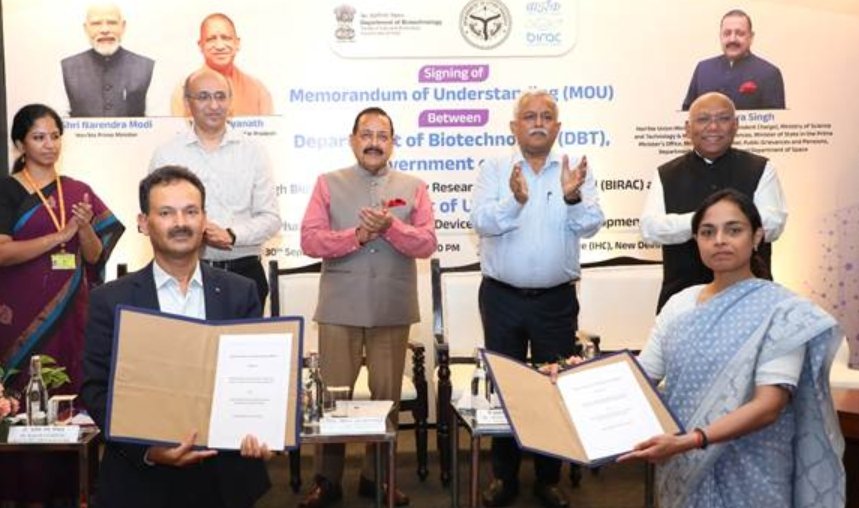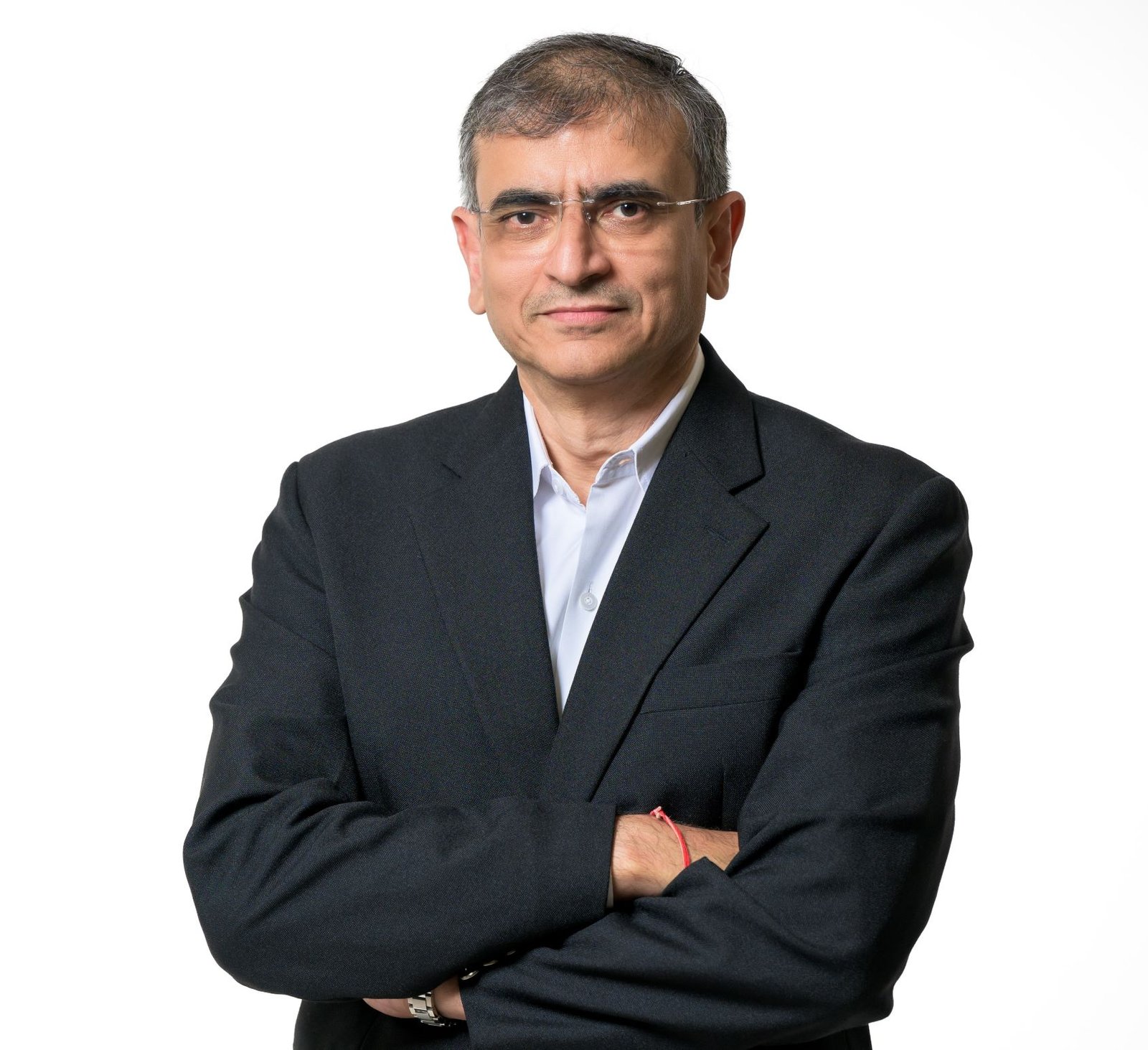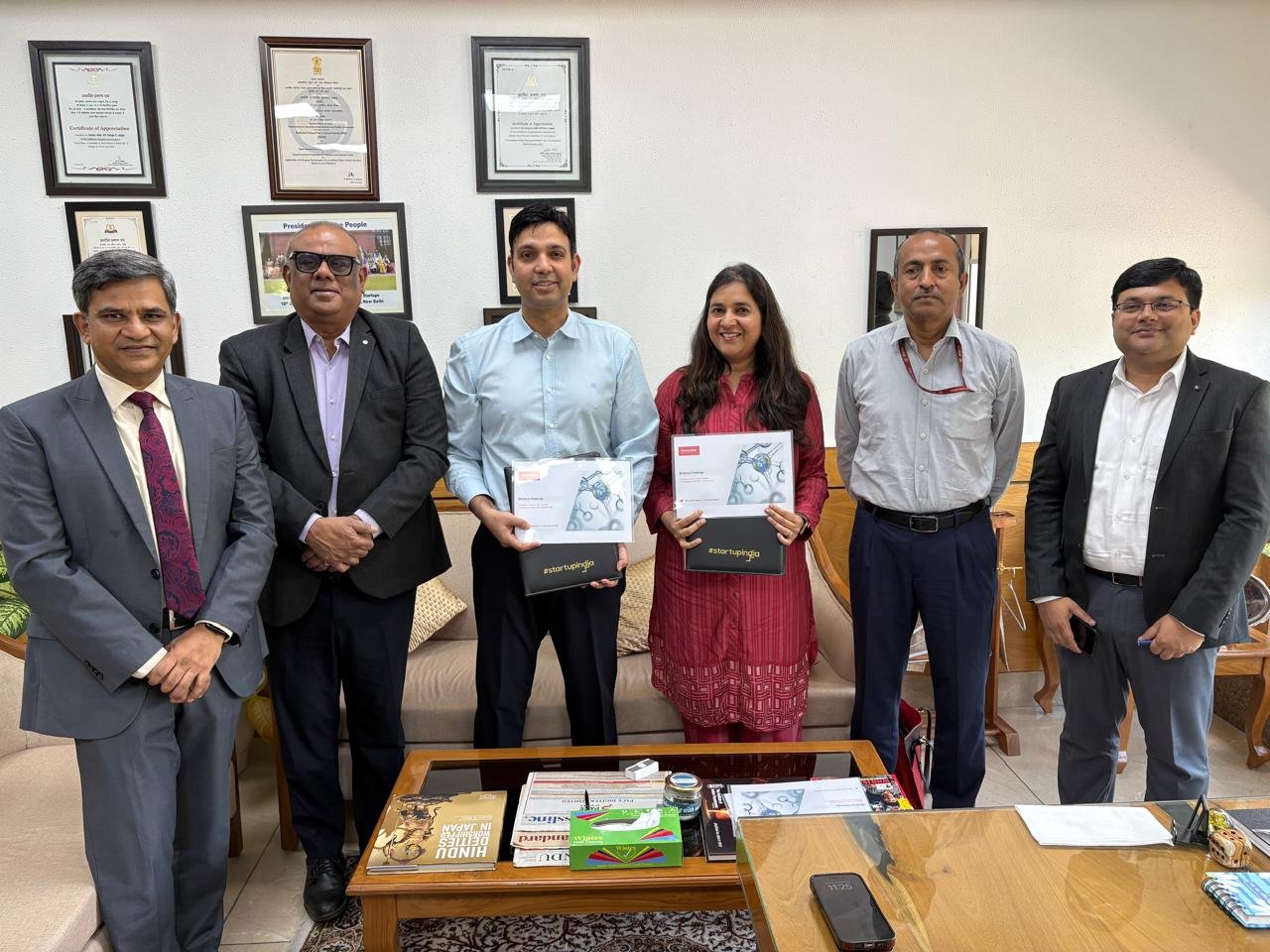| "Bt cotton will continue to
be in great demand"
- M Ramasami, MD, Rasi Seeds
When did you launch Bt
cottonseeds in India? And why and when did you enter the Bt cotton area?
We launched Bt cottonseeds in India in 2004. RCH 2 Bt
is our first Bt cotton hybrid.
I decided to enter the area of transgenic Bt cotton
during 1997 after I realized that it is beneficial to the Indian farmers
in view of reduced pesticide use and ensured yield by way of good
protection from cotton bollworm attack. I was confident that
environmental pollution could be substantially reduced since cotton is a
crop that consumes maximum percentage of pesticides used for
agricultural crops.
What were the challenges you
faced during the launch of the Bt cottonseeds in India? And under which
brand name (product name) do you market Bt cottonseeds in India?
When it was first introduced, there were mixed
feelings among the farmers, as the technology was new to India. Further,
there were many apprehensions. We had to do a lot of field
demonstrations in all the cotton-growing regions of India to instill
confidence among the farmers on the benefits of this wonderful
technology. Our first Bt cotton hybrid was RCH 2 Bt. Currently we have
14 Bt cotton hybrids approved by the Government of India for commercial
cultivation.
What is your current reach and
how has the sales been?
We have reached 30 percent share on the total sale of
Bt cotton during 2006 and our sale is 27 lakh packets of 450 grams each.
Which technology do you use?
Are you looking at other technologies?
We have been using the Bollgard technology developed
by Monsanto.
Currently I'm taking the initiative to outsource
technologies, especially for drought, improving fertilizer use
efficiency for viruses like yellow vein mosaic in bhendi, leaf curl
virus in cotton and tomato etc. from promising technology providers
around the world.
How do you see the future for
Bt cottonseeds in India and other Bt food and feed crops?
Bt cotton will continue to be in great demand in view
of the substantial benefits realized by the farmers. The efforts on
increasing food production by conventional breeding has reached a
plateau and to meet the growing demand for food, production efforts has
to go up. The quick possible way is to reduce the loss due to insect
pests. I am confident Bt food crops will help us to meet this challenge.
I have no idea on the feed crops.
Do you see price war in this
space with more agribiotech firms (with different technologies) entering
the Bt cotton space?
Prices are decided by the value the consumer gets out
of the technology. Better technology, germplasm and high net return will
always fetch higher price.
What are the measures taken by
your company regarding the availability of legal seeds and to put a
check on illegal sale of spurious Bt cottonseeds in the market?
We are continuously creating communication to farmers
about the benefits of Bt technology under superior germplasm background.
We strongly believe that the menace of illegal seeds can be contained
only by: Instilling confidence on the quality of seed and adequate
supply at reasonable price; And making the farmers to realize that only
legal seed suppliers are accountable and
reliable.
Which are the other GM crops
areas that you contemplate to enter?
We would be interested in insect resistant rice,
brinjal, tomato, bhendi, virus resistant bhendi, tomato and cassava
What is the status of your
R&D facility for GM crops?
Work is in progress to create the facility, sourcing
technology, recruiting technical manpower.
Do you feel the government
should allow GM crops in India?
Yes. This is in view of the substantial benefit to the farmers and
consumers. |










